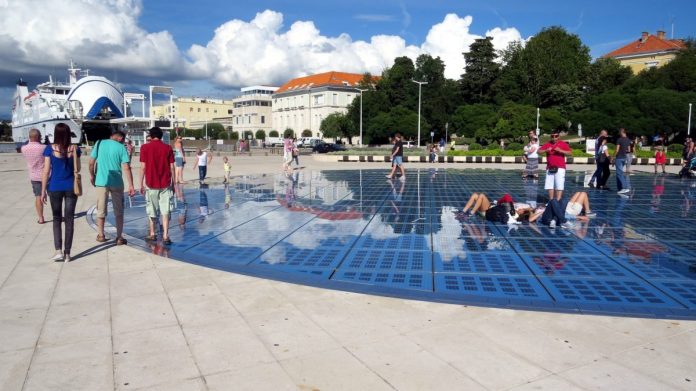The Croation government has introduced a new tender scheme for renewable energy and co-generation projects, with plans to allocate around 1,075 MW of PV capacity. Overall, the government aims to assign 2.26 GW of renewable energy capacity under the scheme, while also including other sources such as hydropower, wind, biomass, biogas, and geothermal energy.
For solar, the government has decided to allocate 210 MW for projects ranging in size from 50 kW to 500 kW, 210 MW for installations with capacities between 500 kW and 10 MW, and 625 MW for PV power plants exceeding 10 MW. Projects selected under the scheme will be awarded a feed-in price premium, which will be paid for by the power the projects generate, on top of spot market prices.
“This regulation is definitively an important step towards fulfilment goals listed in the Croatian Energy Strategy adopted in 2019,” Croatian PV expert Petar Curic told pv magazine. “This capacity would cover about 10 % of Croatian total consumption and energy would be provided when needed most – during peaks of the touristic season … but the realization of more than gigawatt PV plants will mostly depend on substantial improvements of grid capacity which is, unfortunately, overloaded.”
The government has yet to announce a timetable for the tenders, although they will be held at some point this year.
According to the International Renewable Energy Agency, Croatia had a total installed PV capacity of just 69 MW by the end of 2019, with only 1 MW of new annual additions. Most of its installed capacity is represented by residential and commercial PV projects. Such installations were built under the country’s expired 50 MW FIT scheme or under its net-metering regime, which has been in force since January 2019.
State-owned utility Hrvatska elektroprivreda (HEP Group) unveiled a plan last year to set up its solar portfolio. The company said the plan would initially lead to the construction of four PV plants with a combined capacity of 11.6 MW on several islands at a cost of around HRK80 million ($11.5 million).






